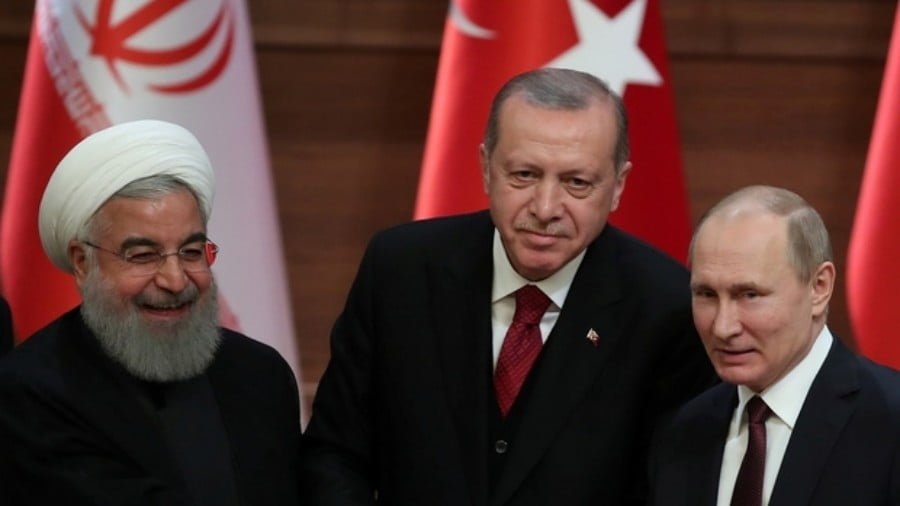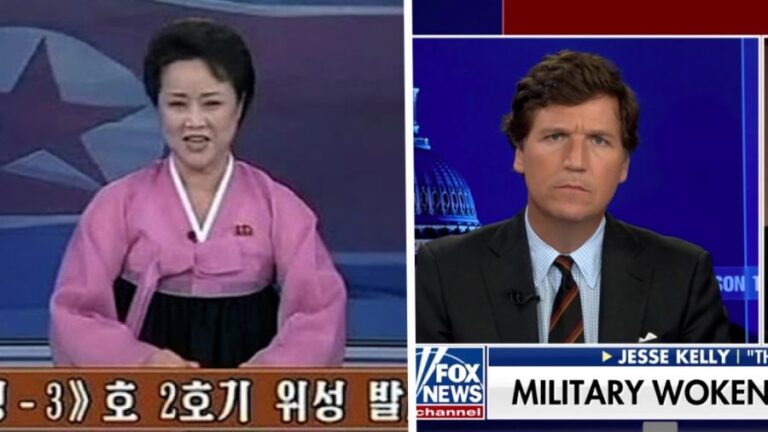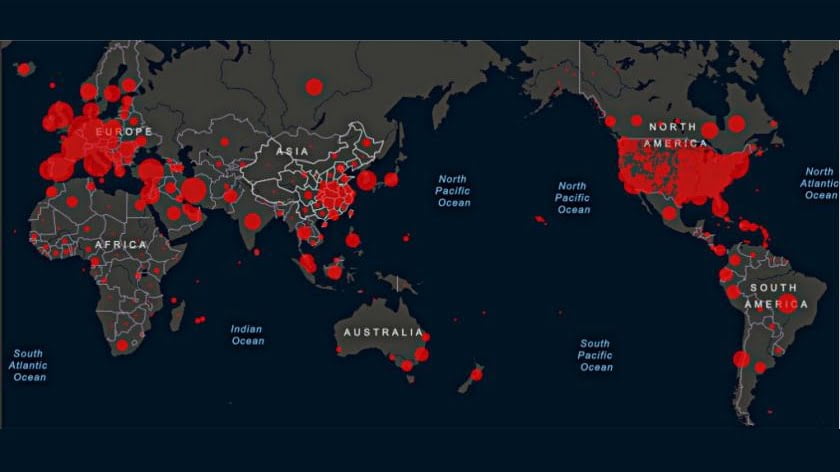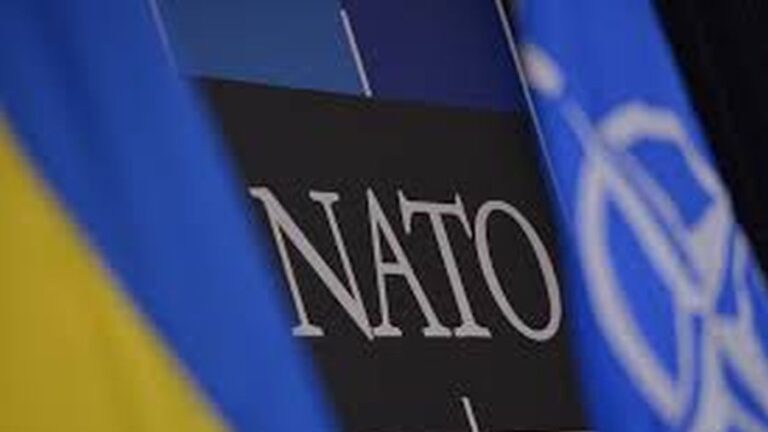Russia’s Friend, Assad Foe, US Ally: Turkey Faces Tough Choices on Syria
Conflicting interests and a realignment of alliances over Syria have left Turkey with tough choices to make as the US looks to confront another nuclear-armed power south of the Turkish border.
Officials are adamant Ankara won’t be forced into taking absolute sides as in the Cold War. There is currently no possibility of Turkey allowing the United States to use its air bases or territory to launch any attack targeting Russian forces, a Turkish government official told Middle East Eye.
“So far there has been no discussion about Turkey and the United States engaging in any extra military cooperation in any regard apart from our routine ongoing cooperation as allies,” said the official, who requested anonymity since they were not authorised to speak to the media.
There has been no discussion about Turkey and the US engaging in any extra military cooperation in any regard
– Turkish government official
“We have always said the United States will regret choosing to partner with terrorists instead of with its staunch ally. Our position on that remains unchanged,” the official added.
Another source with close ties to the government told MEE that Turkey was keeping all avenues open.
The source said the unlikely but best-case scenario Ankara was working on – and hoping for – was where US strikes remove Assad but leave Russia’s position and situation in Syria intact.
The source said Ankara was waiting to see what message Jens Stoltenberg, secretary general of Nato, would bring during his visit to the Turkish capital on 16 April.
“If this is made into a Nato issue, then Ankara will face a very tough decision. If it remains as an initiative of just the US, France and the United Kingdom, Turkey can easily decline to take part,” the source said.
The Turkish government’s desire to see the Bashar al-Assad government removed from power is as strong as ever. A US attack that helps to achieve that will face little objection from Ankara.
However, for Ankara the priority threat in Syria is the Syrian-Kurdish PYD/YPG and the US might now have to seriously reconsider its decision to partner with the YPG.
Turkey also doesn’t want to risk its blossoming relationship with Russia and is unlikely to publicly agree to any attack directly targeting Russians in Syria.
If this is made into a Nato issue, then Ankara will face a very tough decision
– Turkish security source
And despite Moscow and Tehran’s backing for Assad, Ankara has found a way to work with the two on Syria as part of the Astana process. The cooperation has yielded results despite their differences.
The only way Turkey would abandon Russia and Iran, by allowing its facilities to be used for attacks on Russian forces in Syria – other than it being made into a Nato-mandated operation – would be if the United States was willing to issue Ankara guarantees on some extremely contentious issues, the source said.
Turkey would want absolute guarantees to maintain its presence in Afrin until it deems necessary, full cooperation to eliminate other PYD/YPG controlled areas in Syria and also the PKK.
For Turkey, the direct benefits of cooperating with Russia and Iran were visible in its military incursion against the PYD/YPG in Afrin, which only drew token warnings from Tehran and Moscow.
The public line adopted by Turkish officials, as heated rhetoric suggests an imminent confrontation, is for both Washington and Moscow to calm down and even to offer a mediating role.
The hope, however, is that both sides will remember the significance of having Turkey as an ally and adjust their relations accordingly, particularly with the PYD/YPG.
The Turkish president, Recep Tayyip Erdogan, on Thursday in a speech said all sides who back the PYD/YPG in Syria are wrong and called on them to reconsider their positions.
Erdogan also said he had spoken to his US counterpart, Donald Trump, on Wednesday night and would speak to Russia’s Vladimir Putin later on Thursday.
He said the aim of these conversations was to find a solution to end the chemical attacks being carried out in Syria.
But the PYD/YPG remains the main priority for Ankara. Turkey sees the group as the main threat to its national security and as an extension of the PKK, against which it has been fighting since 1984 and is a proscribed group by Ankara, the US and the EU.
Pro-government media, while calling for an American attack on Assad, was dubious of US resolve and intentions and said Ankara would react more cautiously this time.
One article recalled last year’s launch of Tomahawk missiles against Assad installations following another suspected chemical attack, saying limited strikes of that sort amounted to nothing more than a mild “slap on the wrist“.
A vital geopolitical ally
Analysts told MEE that chances of a clash between the United States and Russia were remote but it put Turkey’s strategic geopolitical significance in the limelight.
Mensur Akgun, the chair of the international relations department at Istanbul’s Kultur University, discounted the possibility of allowing Turkish airbases or other military facilities to be used in any potential US attack that would target Russian forces.
“Even now the mandate to use a Turkish airbase by the existing coalition on Syria only permits the targeting of terrorist groups like Daesh (an Arabic acronym for the Islamic State group). It doesn’t even sanction attacks on Assad forces,” said Akgun. “It is extremely unlikely that Turkey will allow its facilities to be used against Russian forces.”
Ali Faik Demir, from the international relations department at Istanbul’s Galatasaray University, said Turkey was not obliged to take a side and wouldn’t be pushed to either.
Even now the mandate to use a Turkish airbase by the existing coalition on Syria only permits the targeting of terrorist groups like Daesh
– Mensur Akgun, international relations expert
“The United States will not try to pressure Turkey into allowing it to use its bases. It knows it would risk losing Turkey completely if it tries to. I don’t think the current situation will escalate to Gulf war levels,” said Demir.
“Firing missiles is not the same thing as boots on the ground intervention and there is serious internal opposition to the idea of full-fledged intervention inside the United States as well.
“The United States has plenty of options in the Mediterranean to fire missiles. It doesn’t require Turkish facilities for that.”
In 2003, the Turkish parliament rejected a motion seeking to allow US troops to use Turkish territory and facilities in its invasion of Iraq.
YPG and Assad are different issues
As far as Turkey’s stronger position regarding the US partnership with the YPG is concerned, Akgun said the sudden escalation of threats between Washington and Moscow meant Turkey no longer even needed to negotiate with the United States about the YPG.
“The Americans now probably realise that having Turkey as an ally is much more important than having the YPG as an ally. Turkey doesn’t need to negotiate this and tell them about this anymore,” he said.
According to Demir, the current tensions over Syria are just another round where every actor tries to strengthen their hand and saw no contradiction in Turkey using the YPG card while also backing US moves against Assad.
The Americans now probably realise that having Turkey as an ally is much more important than having the YPG as an ally
– Ali Faik Demir, international relations expert
“Of course Turkey will seek to get the US to reverse its position on the YPG. But even Russia has supported the YPG in its own way. But this doesn’t exclude Turkey backing the US if it decides to support opposition groups against Assad as is also being mooted,” said Demir.
Akgun said that if the United States looks to build a non UN-sanctioned coalition on Syria, Turkey’s position would depend entirely on how legitimate its goals were.
“This is not a Nato issue so Turkey has no alliance-based obligation. Much will depend on the legitimacy of any such coalition,” said Akgun, who also sounded a warning.
“All this is based on the presumption that a clash between two nuclear superpowers will be limited to the Syrian theatre. That is extremely unlikely and chances are there will be no side left to choose.”







